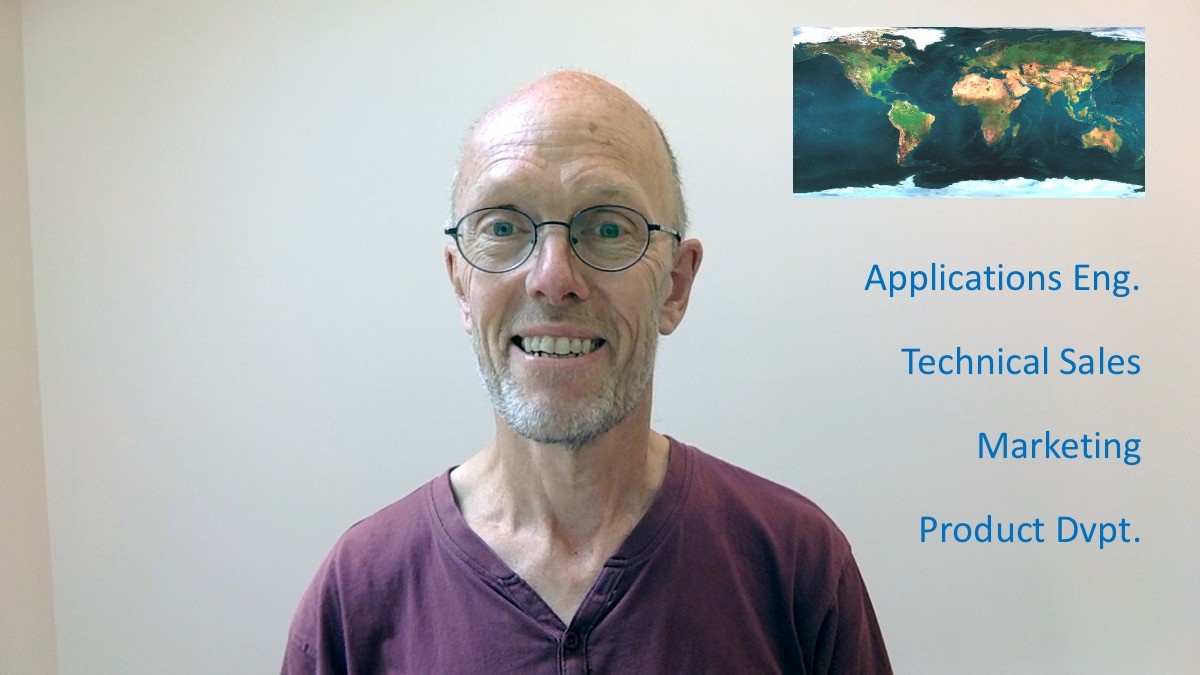Communication has special challenges when it comes to science and technology. Have you ever noticed that when you are burning to explain …when it seems really important to convince other people that you know what you’re talking about …then this is precisely when it’s hardest to have impact?
Why? It’s because the very thing that you want to share – your hard-won expertise – is actually an obstacle to communication.
Your knowledge and technical instincts are like baggage that you’ve been carrying so long, you take them for granted. You forget that others have different baggage and that they may not grasp things that you consider obvious.
And the subjects you deal with are complex. To get to a conclusion, you’ve had to work through a mountain of details – of clutter. Filtering out just a few essential points is a challenge.
Baggage, clutter. Ironically, your expertise can easily get in the way!
However, scientists and engineers need to communicate well. They must get over the baggage and clutter and, in addition, learn a bunch of other communication skills that they didn’t cover in school.
So how can individuals and teams of scientists and engineers learn to maximize the impact of their expertise? Wouldn’t it be good if this could be done progressively, where something was learnt from every communication opportunity, from every encounter, call after call, meeting after meeting, pitch after pitch?
This is what we call communication autonomy.
And the good news is that it’s possible with skillful use of well-chosen tools.
Tools are key because, firstly, they help us to be more productive and, second, they provide a framework. For example, spreadsheet functions – multiply, divide, average, and so on – boost productivity and the spreadsheet grid frames the problem that we’re working on.
Having an appropriate framework is crucial to effective communication as it helps us to quickly switch away from the baggage and clutter of technical work. But how do you find communication tools that suit you and develop the necessary skills to use them?
At ICONDA, we’ve been providing tools together with learning & development programs to our clients for over 10 years. They are now integrated into numerous companies worldwide – in Applications Engineering, Technical Sales, Marketing and Product Development teams – and they’re captured in the form of books, toolkits and even CRM apps!
And, most importantly, we develop communication autonomy.
We do this by exploiting tool frameworks to enhance observation and self-reflection skills, going way beyond the normal scope of tool training. The enormous benefit of this approach is that is puts people in a position to learn from every client encounter they ever have! It ensures that they improve communication skills call after call, meeting after meeting, pitch after pitch.
So, remember that hard-won expertise can actually be an obstacle to communication. Don’t be afraid to ask for help, for yourself or your organization.

